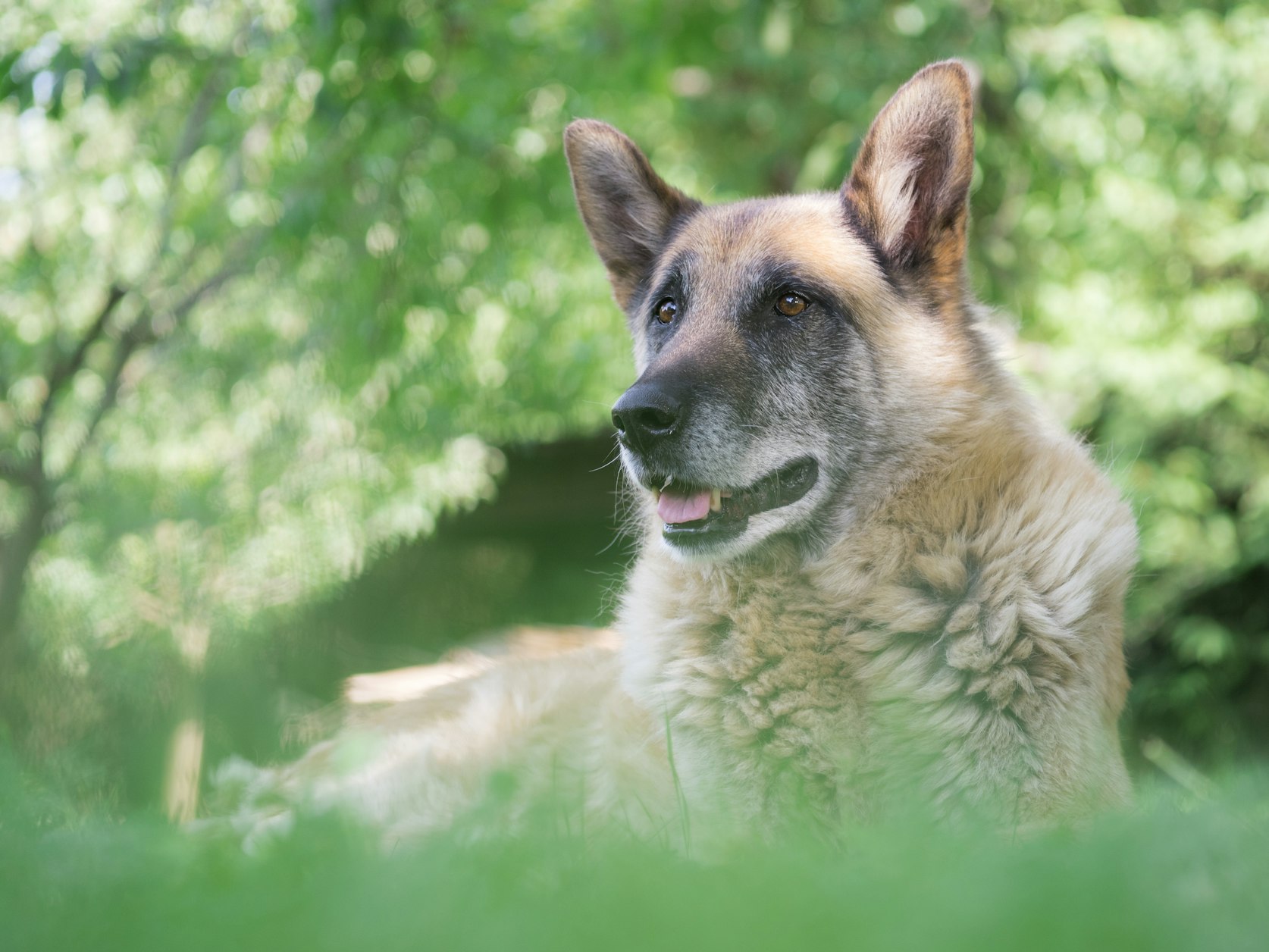Potty Changes to Expect in Older Dogs
Tuesday, January 11, 2022 13:40:37 PM America/Los_Angeles
Living with an aging dog can be bittersweet. You’ve bonded while spending the better part of a decade together and have never felt closer to your precious pup. Yet, health challenges means adapting to new routines to maintain your dog’s quality of life.
Photo by Kanashi
Many owners don’t realize that there may be significant changes in potty habits because going to the bathroom seems like second nature for most dogs who are housebroken. Unfortunately, even the most familiar routines can become difficult for senior dogs. In this post, we cover common causes for changes in potty habits for aging doggos and how to better accommodate them.
Accessibility
Even if your fur baby is lucky enough to have avoided the challenges of dementia, chances are that they no longer have the mobility of a spring puppy. Movement will be harder for older canines, and a more accessible potty solution like an indoor dog bathroom should be made available. This means making sure pee pad areas are in well-lit, easy to reach locations–not behind that unused couch in a dark garage.
Confusion
Aging naturally means that pooches can get a little mixed up. Dogs with dementia may become disoriented and not know where they are, making it more difficult to locate their usual dog bathroom location. The shift from daytime to nighttime can also be tricky for dogs with dementia. If you’re already using pee pads indoors, increase the number of pee pads available so that even if your dog gets “lost”, they still have access to a potty.
Memory Loss
Similar but different from dementia-related confusion is memory loss. This can appear in a variety of ways: forgetting where they go potty, not remembering their usual potty times, and forgetting other potty training habits. Increasing the number of wee wee pads is helpful too, but it’ll also be important to have the pad nearby a spot that your doggo frequents, such as across from their water bowl or nearby their bed. A pee pad like Bark Potty can be useful in such situations, as the smell of the bark may naturally remind dogs where to go.
Worsening Eyesight
This is another instance in which a real bark pet potty can be a useful guide for dogs who are relying more on smell than vision to locate their potty. Be sure to keep the potty area well lit and clear of obstructions.
Incontinence
Incontinence can be the result of aging and having weaker bladder muscles, but it can also be caused by illnesses, injuries, or medications–all of which become much more common in older dogs. Having multiple easy to access pee pads are essential for curbing accidents in this scenario. Because incontinent dogs just need to reach a potty in time, having pads near your dog’s usual hangouts is key.
